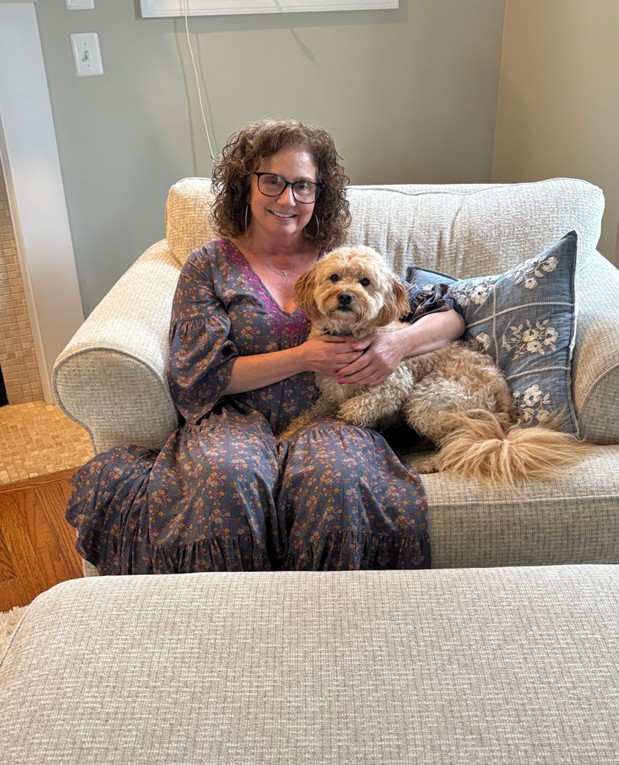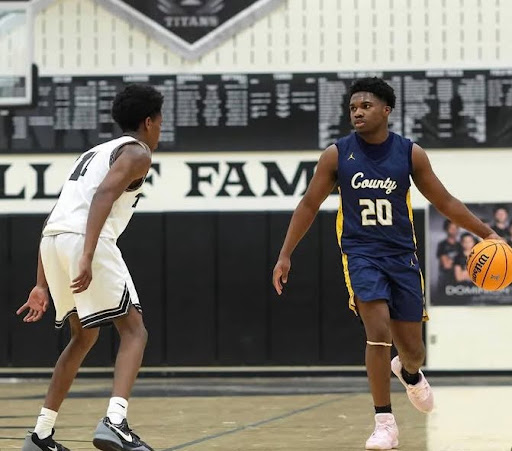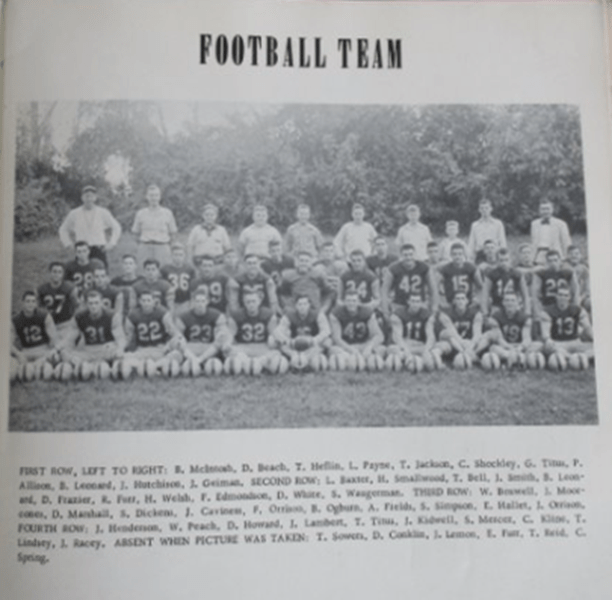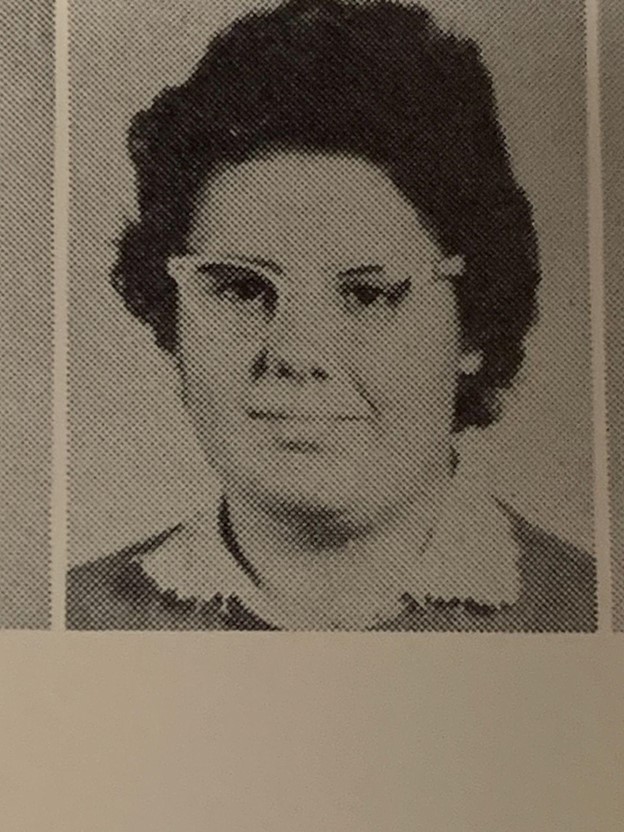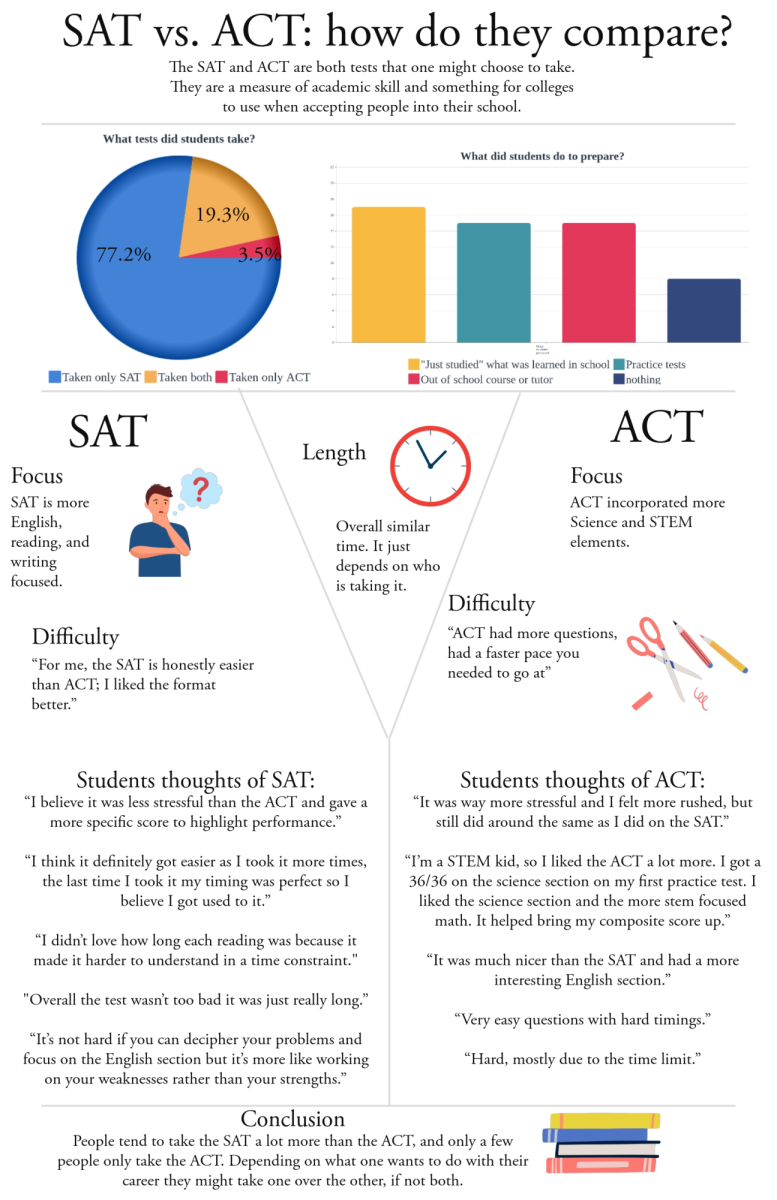As of the 2024-2025 school year, the School Board has begun implementing a policy prohibiting high school students from using cell phones during class, and limits use to during lunch and between classes. Although it is still too early in the year to understand the long-term effects of the policy, teachers and staff throughout the school have already begun to notice monumental change throughout the school.
“The thing that I’m really loving is the happiness [in classrooms], and that kids are engaged,” English learner teacher Shawn Simms said. Simms then recalled an account from another teacher, describing that “Hands are up, kids are listening, and kids are happy.”
In the two months school has been in session, so far there has already been a noticeable positive change. For example, students have been noted to be more engaged with their peers, even in spaces where cell phones are permitted, such as in the hallways.
“I thought initially that they would come out of the room and then right on the phone, but they’re still talking to each other,” Simms said. “I just think it’s just lifted the whole mood of staff and students.”
Before the new cell phone policy was implemented this year, many teachers noticed an almost unnatural silence during break times in class, including when students were waiting for the dismissal bell to ring. Many find the environment to be more vivacious due to the lack of cell phones.
“Before it was very awkward as a teacher when we had free time. Suddenly it was very quiet because everyone was on their phones,” French teacher Madeline Moskal said.
Other teachers have also found teaching to be easier since less time is being spent policing cell phone usage during class.
“I was reinforcing that a lot, but then when students don’t follow the rules, I create some weird situations,” Moskal said. “I don’t want to be the police, I want to be a teacher.”
Improvements among students have not only been seen from teachers, but from staff as well.
“Unfortunately the last couple of years, there were a lot of students who relied so heavily on their phones that they ran the exceptional risk of losing out on life,” school counselor Matthew Armes said. Armes attributes the new phone policy to increased student morale and engagement during class time. “It allows them to connect with each other, connect with the teachers, and connect with whoever’s doing a classroom presentation,” he said.
Another observation throughout the school is an increase of focus on assignments, possibly due to the decrease in distractions. Due to an increase in focus, some teachers find their students to be more productive and efficient during the school day. Increased productivity leads to increased free time, and other new behaviors are being noticed.
“We’re noticing more specific book requests. For example, I receive around two book requests each day, whereas last year it was probably more like two per week,” librarian Camille Bales said. The librarians are also noticing more book turnover, which means that students are returning books at a faster rate.
Beyond how students are acting in accordance with the cell phone policy, teachers are also looking to provide a role model for the policy, as well as to create a level of trust and respect between them and the student.
“Students are used to having freedom with their devices, so to have it restricted for several hours a day. I understand that’s frustrating,” special education teacher Rene Klusek said. “However, Dr. Luttrell talked to us about creating that united front that we all enforce it [the cell phone policy] consistently and effectively, so that we send the message to students that we’re on the same team.”
Teachers hope that students can give the policy a chance, as well as to question how beneficial cell phones truly are to their lives. In reference to a survey of students’ opinions on the cell phone policy, many students appear to be opposed.
“Those social norms, or those social exchanges, can eventually build up right as kids are building relationships and friendships, and then that can transfer over into how you use social media,” Klusek said. “Are you using it to connect with your friends, or are you using it to build barriers?”





